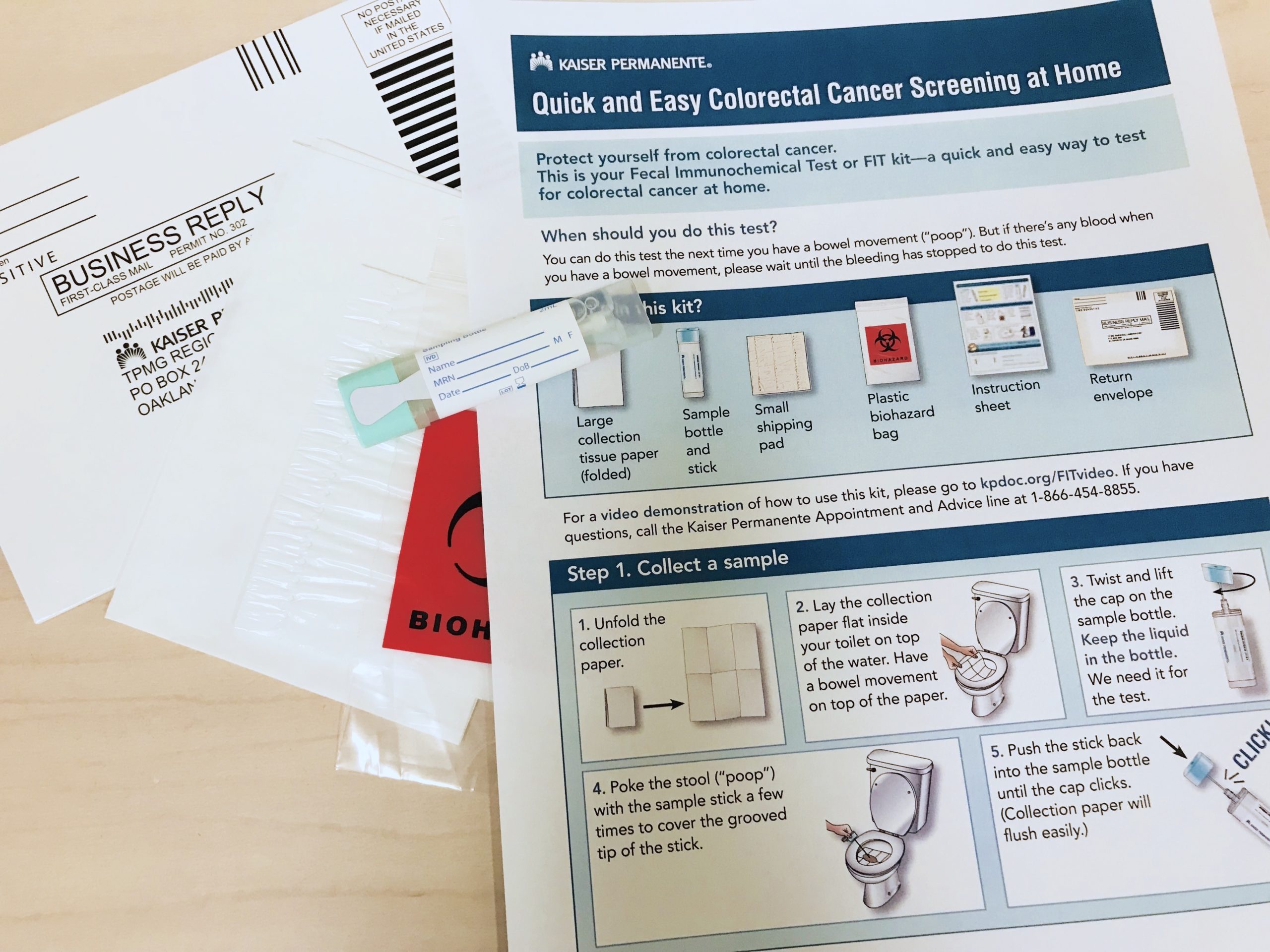KP Research Radio podcast highlights studies that created Kaiser Permanente’s successful screening program
Tests that can screen for colorectal cancer have been one of the greatest successes in cancer prevention and early detection. These tests, along with new treatments, are the reason why the death rate from colorectal cancer has decreased in the United States since the 1970s.
A landmark study by the Kaiser Permanente Northern California (KPNC) Division of Research, published in 2018, demonstrated that Kaiser Permanente’s fecal immunochemical test (FIT) screening program reduced colorectal cancer deaths among KPNC members by 52%. Today, more than 80% of eligible Kaiser Permanente members are screened for colorectal cancer each year. Nationwide, about 69% of adults age 50 to 75 are up-to-date on colorectal cancer screening.
To mark Colorectal Cancer Awareness Month, KP Research Radio spoke with Jeffrey K. Lee, MD, MPH, a research scientist at the Division of Research and a gastroenterologist with The Permanente Medical Group, about colorectal cancer research and prevention.
To learn more about advances in colorectal cancer screening, see these news stories:
Early colorectal cancer screening benefits African Americans
NCI funds new 5-year, $16M program to understand barriers to colorectal cancer screening





Comments (0)